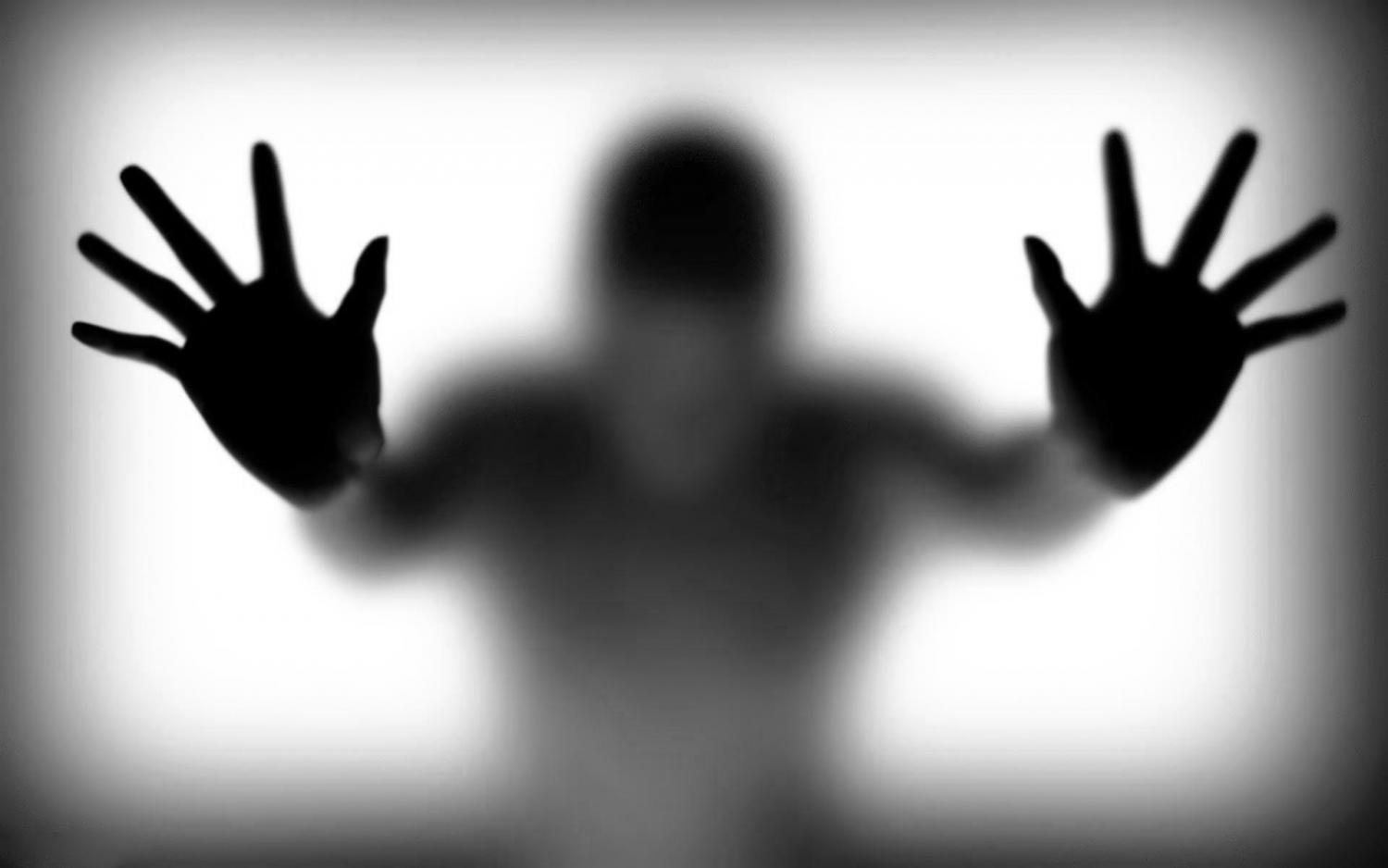
The Other Side of Reason – The Art of Healing
Involved in a bus accident that took the lives of six people, David Gibson has been battling through PTSD
for over three years. In an effort to better understand himself and to communicate with others, he turned to writing.
His first book was The Other Side of Reason: A Journal on PTSD, available now via petrabooks.ca.
This column continues that text.
[The art of healing]
Do you remember me? I’m just a shadow now.
I have fallen from a distant star, destined to come back because of our love.
I am caught between two different worlds. Lost within my own fading light.
You remain within my dreams? That’s how I found you.
Sometimes I call out your name. Will you take a leap of faith with me?
What I would give to be lost in your eternal embrace.
If for every step I take toward the light on the path of this life, then surely I must leave a footprint for you to follow.
For I must at least try, as a keeper of stories, to find it deep within myself to take as many steps as possible.
One reason trauma is so hard to shake is that it rips at the most ordinary fabric of your daily life.
In our lives, most of the time, we have a sense of what is to come – a constant point of view on progress. A traumatic event can change that viewpoint – it just happened, and life is supposed to go on – but no one prepares us for this kind of life interruption. It shatters our sense of order and thrusts us into a world forever changed. This feels like a state of perpetual disarray with a lingering sense of unease and disorganization.
Trauma is not, as many people believe, a shock that ruptures the central story that you thought was your life. Instead, I believe, such disrupted narratives are symptoms of trauma among many. But with PTSD these disruptive narratives don’t equate to the central life-story, one that may be good or bad; it is instead, damage to the brain’s capacity to tell stories.
As a result, the traumatic event is relived rather than transformed into an ongoing life narrative.
The moral content of one's first-person narrative is a non-question because trauma is an event that overwhelms the brain’s capacity for any narrative to explain away what is being experienced. It leaves you over-stimulated and out-of-control, reacting in an aisle at the Canadian Tire store as though you were once again on the bus that slammed into the train. Palms sweat, hearts race and vision narrows. Fear, helplessness, and horror fill and overwhelm the moment. You’ll do anything to avoid feeling that way. Forget shopping at a Canadian Tire store, never again will you put yourself in aisle 47 of any sort. Withdraw and isolate. It’s safer. Maybe turn to alcohol and drugs, or maybe compulsive behaviors like making rash decisions or spending money needlessly, or just staying home and staring out the window – anything and everything to numb the traumatic Groundhog Day that has become your life.
I don’t believe those who are traumatized have necessarily lost their continuing story line. They’ve lost the ability to tell their story about the traumatic experience. Recovery from my perspective, is regaining the ability to tell stories, regaining the ability to tell a story about a horrible feeling rather than living the feeling. It’s not accurate to think that it is the narrative that’s off, it’s our ability to narrate, getting stuck in repetitive moments where the fight-or-flight mechanism fires at full light speed for no apparent external reason. This is why silence shrouds so many people who have been traumatized.
For anyone who has not been traumatized there appears to be this collective ‘public’ need to ensure that we can believe that it can never be that bad and that we can overcome any horrible situation that life throws our way.
This public narrative is to comfort everyone else except those who live with the impacts of trauma and PTSD – the tragedy and the impacts aren’t so bad; those living with trauma just need to be more positive and stronger, and all will be ‘normal’ again. More often than not it seems our assumptions and moral guideposts have this conclusion which is startling: And it goes something like this – “the good news is there is no reason to be traumatized. Individuals are tough and resilient, and usually emerge from these tragedies better than before”. If this were only true. We should know this is far from the truth we collectively wish for – even hope for.
The art of healing is after all, messy and unclear. A place none of us wants to be in.
Until next time, Cheers!













